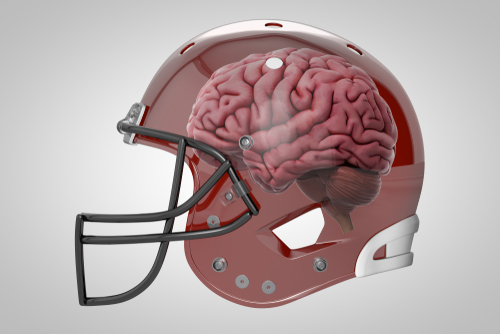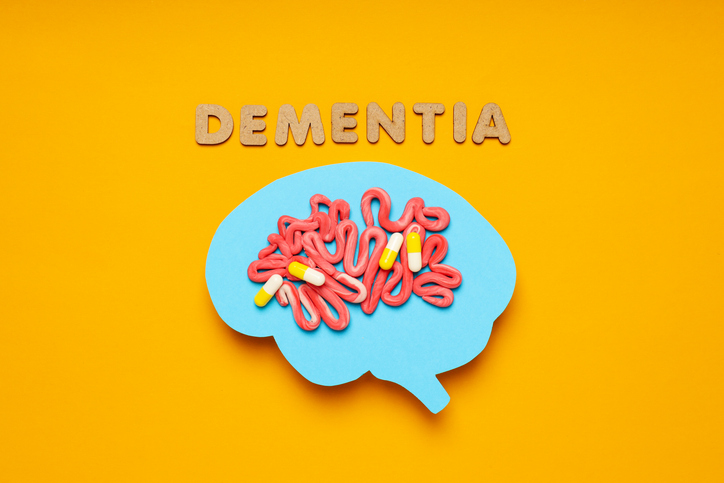
Former professional American football players who have medical and mental health conditions such as depression, anxiety, or sleep apnea are more likely to receive an unverified diagnosis of chronic traumatic encephalopathy (CTE), according to a study recently published in Sports Medicine.
Although a CTE diagnosis cannot be verified until after death when an autopsy is performed, co-lead author Rachel Grashow, PhD, and colleagues from the Football Players Health Study at Harvard University showed that 3 in every 100 former American football players report being diagnosed with CTE by a medical professional.
In this cross-sectional cohort study conducted from 2015 to 2019, researchers assessed 4033 former professional American-style football players. They analyzed player demographics, including age, race, and domestic status; football-related factors, including position, years of professional play, burden of symptoms following head impacts, and performance-enhancing drug use; and comorbidities, including sleep apnea, psychological disorder status, diabetes mellitus, attention-deficit/hyperactivity disorder, hypertension, heart conditions, high cholesterol, stroke, cancer, low testosterone, chronic pain, and current and maximum body mass index.
The study showed that depression had the strongest univariate association with premortem CTE diagnoses (odds ratio [OR], 9.5; 95% CI, 6.0-15.3). The researchers observed that study subjects reporting both depression and anxiety were more likely to have a CTE diagnosis compared with participants who reported no psychological disorders (OR, 12.2; 95% CI, 7.3-21.1) or 1 psychological disorder (OR, 4.5; 95% CI, 1.9-13.0). The study also showed that sleep apnea was associated with a CTE diagnosis among individuals with both depression and anxiety (OR, 2.7; 95% CI, 1.4-5.2).
“We agree that CTE neuropathology is real, yet the current narrative about CTE and health after football, in general, is incomplete,” said co-lead author Shawn Eagle, PhD, a research assistant professor of neurological surgery at the University of Pittsburgh, in a press release. “Currently, a definitive causal link between brain health issues experienced in life and CTE-associated brain changes seen in autopsies has yet to be established.”
He continued, “It is important for the next generation of players to know the long-term health risks they may face, and that is the ultimate goal of CTE research. There is still a lot to be learned, and, in the meantime, we want people to receive proven treatments for conditions that may mimic CTE, such as hypertension, sleep apnea, depression, and anxiety, among others.”







 © 2025 Mashup Media, LLC, a Formedics Property. All Rights Reserved.
© 2025 Mashup Media, LLC, a Formedics Property. All Rights Reserved.